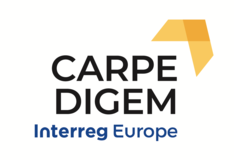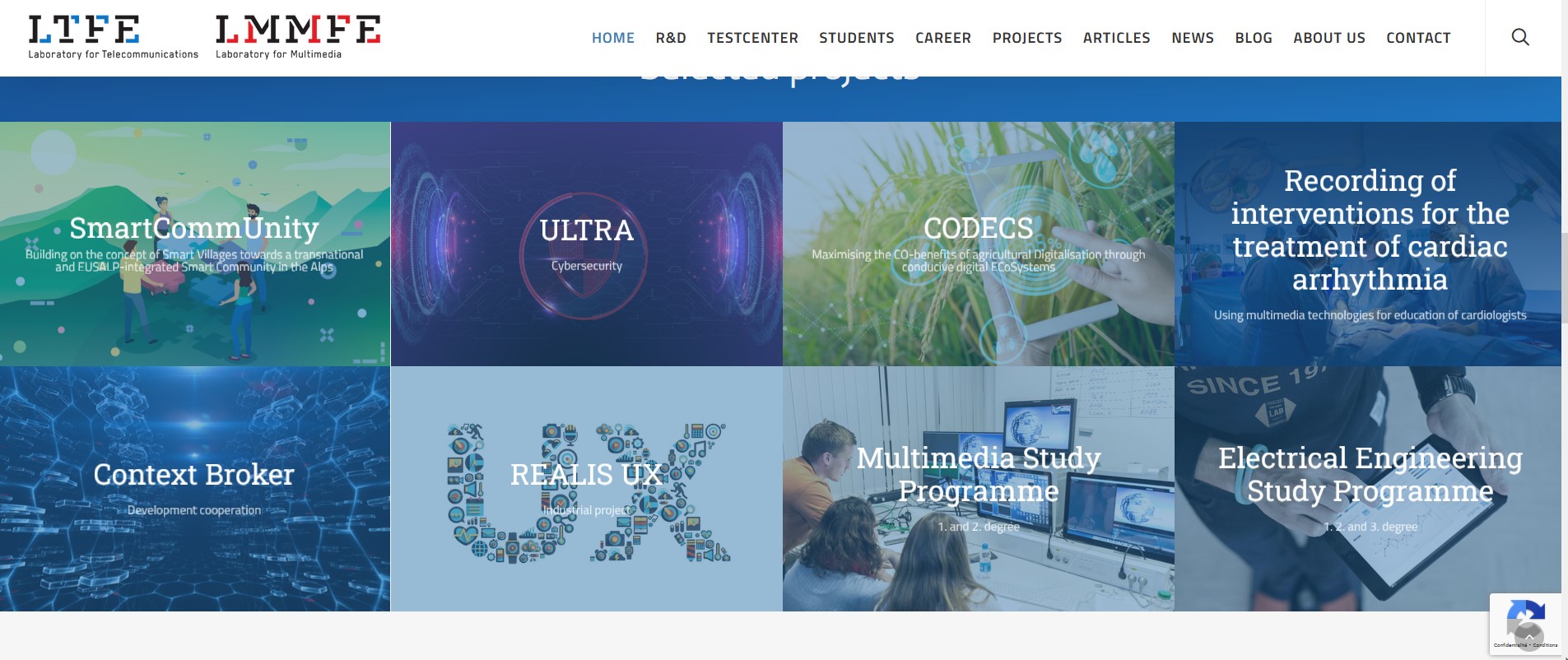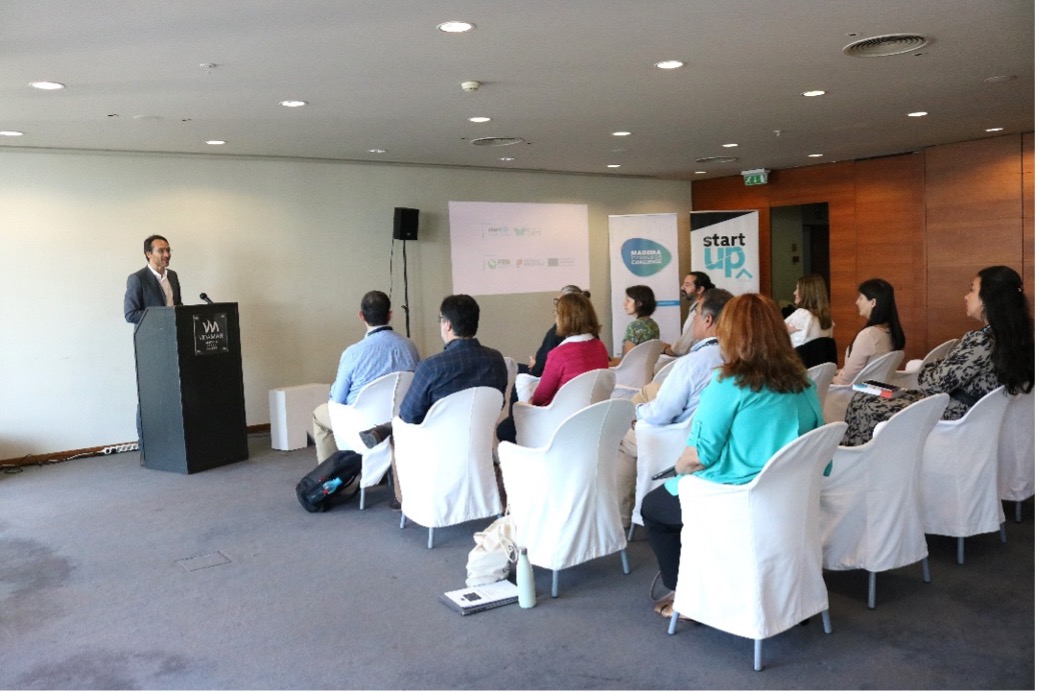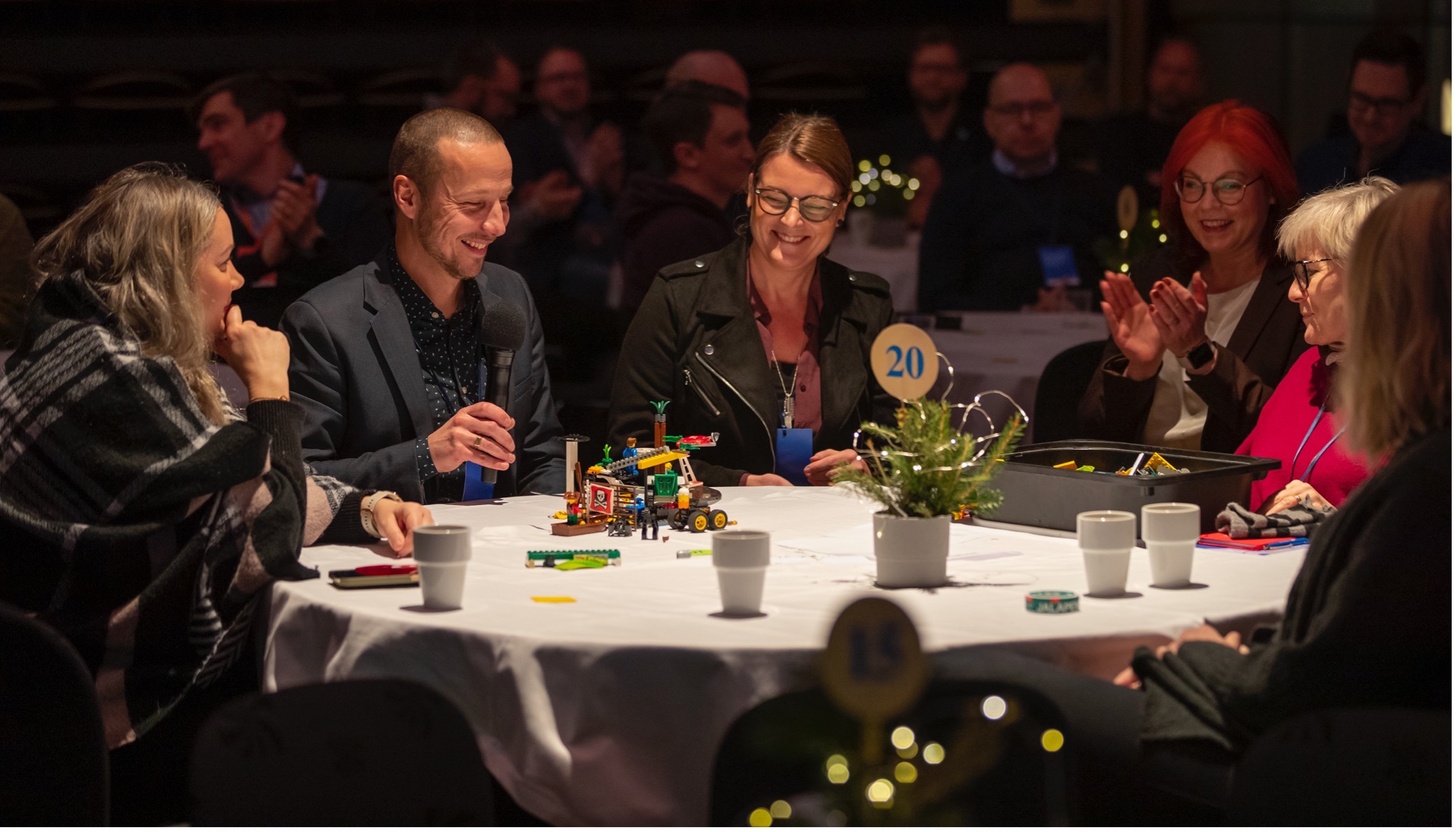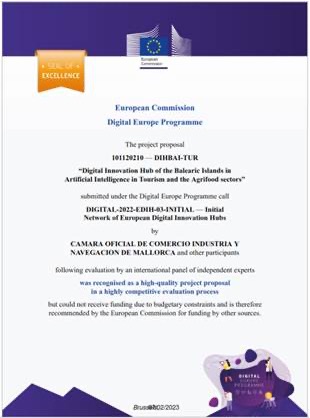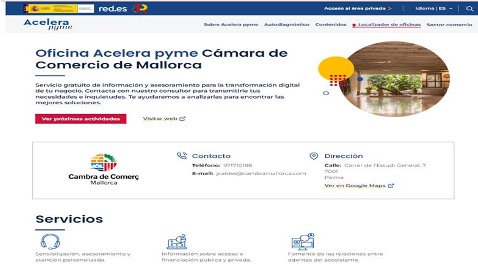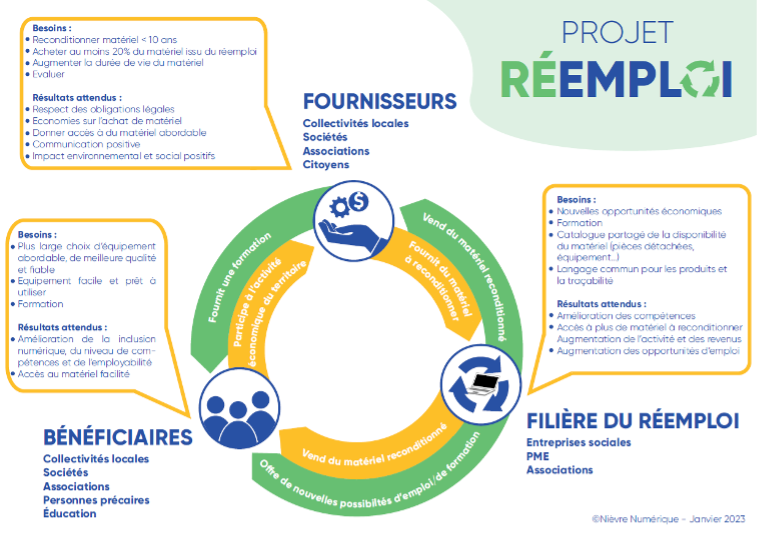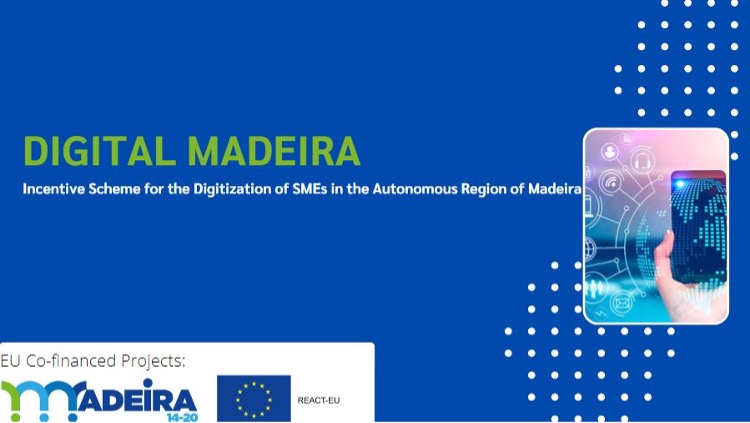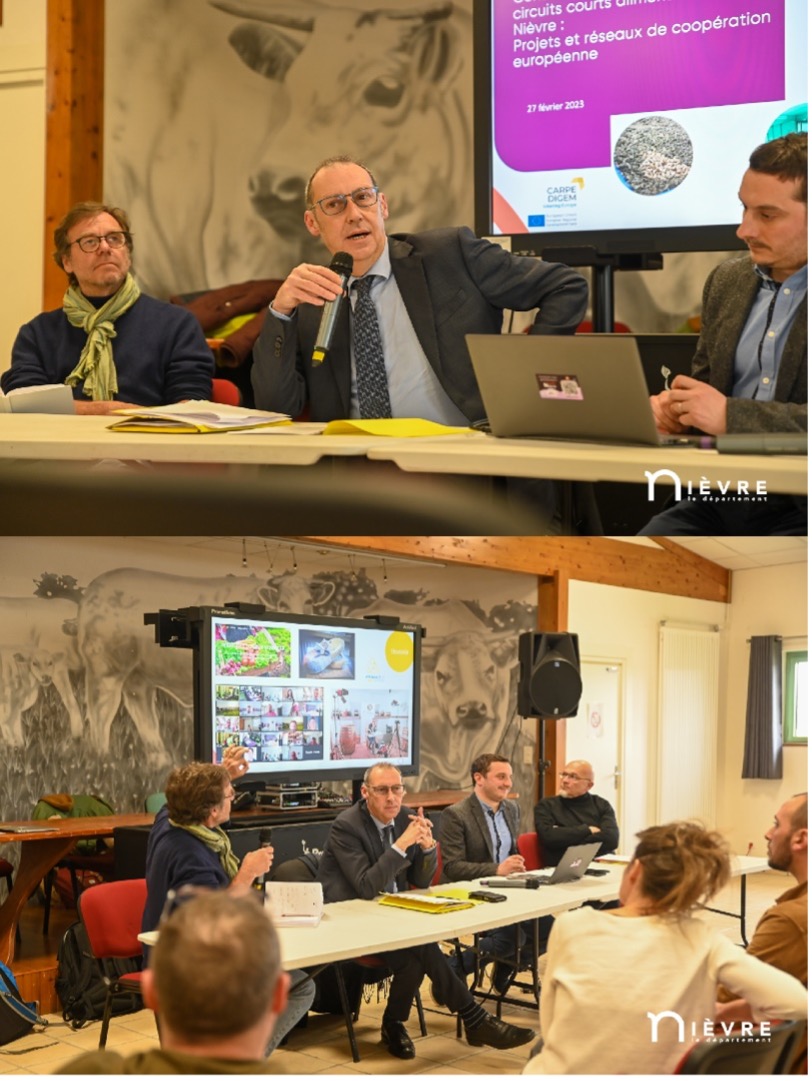Interreg_CARPEDIGEM's webinar on #boostingdigitalisation in regions is now available to watch on Laboratorij za telekomunikacije Fakultete za elektrotehniko's YouTube channel.
The webinar, with 80 registered participants, presented partner’s digital innovation ecosystems (DIGEM) and their place within the broader context. Particular attention was given to digital innovation ecosystems and their hubs, smart villages and digital transformation.
The seminar was chaired by assistant professor Emilija Stojmenova Duh who also led the plenary session on digital innovation ecosystems. Technical support of the event was provided by the University of Ljubljana, Faculty of Electrical Engineering, LTFE.
The seminar was divided into two parts. Within the first, partners presented and shared the experience of how the development of smart villages, Industry 4.0, can be supported by the development of digital innovation ecosystems. The accent was put on tourism, cultural industries, public administrations (particularly public bodies, e.g. municipalities) and rural innovation digital ecosystems. Some of the partners shared practices developed as a response to the challenges brought about by the corona virus pandemic. Partners from Mallorca presented a solidarity-based cooperation between high-tech companies and local food providers. The Swedish partner from the EXpression Umeå demonstrated the possibilities for creative industries during corona lockdown. Slovenian partners, University of Ljubljana, Faculty of Electrical Engineering, LTFE, Ministry of Public Administration and Association of Municipalities and towns of Slovenia (SOS), showed a range of effective developed solutions for both municipal representatives and the wider community, developed within 4PDIH, Public Private People Partnership Digital Innovation Hub.
Partners discussed about the importance of having appropriate, solid methodologies. In this regard, partners from France and Sweden highlighted the role of active participation within communities. Slovenian regional stakeholders, Andrej Medved, representing the pilot area of the smart village Šmarje, stressed the effectiveness of SEROI + method, and Saša Kek, a representative of the Association of Municipalities and towns of Slovenia (SOS), discussed the conducted analysis of the state and needs of Slovenian municipalities.
If the first part of the seminar addressed concrete examples of sustainable ecosystems for digital innovation with the introductory speech and presentation of the development of the Interreg Project Carpe Digem from the lead partner, Nièvre Numérique, the second and final part was designed as a panel discussion, chaired by assistant professor Emilija Stojmenova Duh. At the panel, the representatives from France, Ireland, Sweden, Majorka and Slovenia for instance discussed the similarities and differences between urban and rural innovative digital ecosystems, touched ambition and even risks and challenges faced while pursuing digital transformation. In particular, they agreed that the successful digital transformation needs to be based on cooperation at all levels, and that the awareness that digital technology should not be isolated from our everyday lives is crucial.
